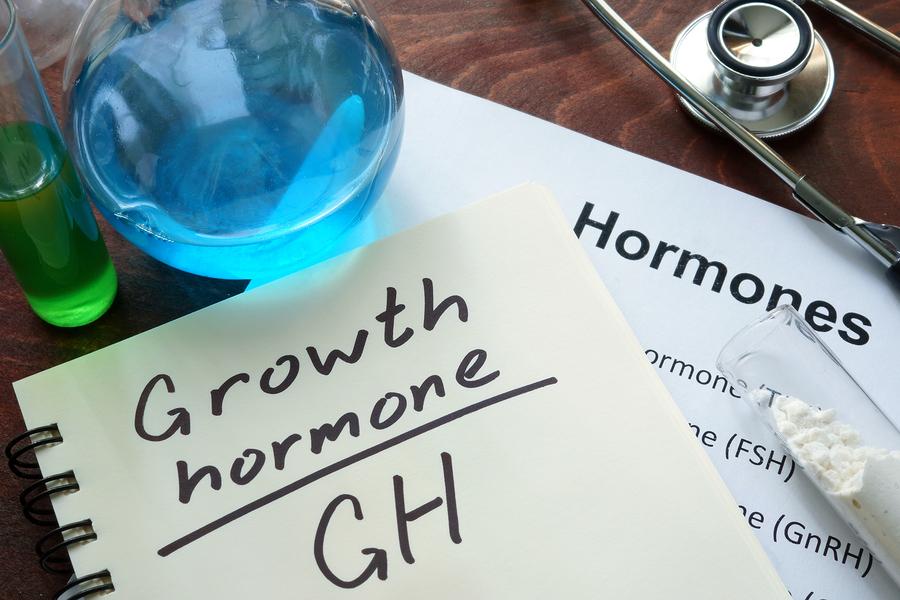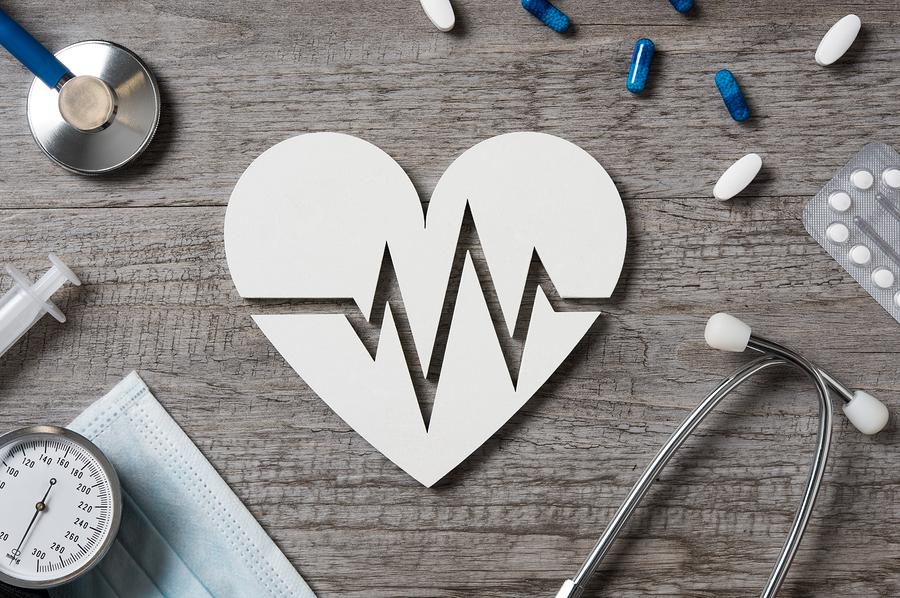The endocrine system is the system within the body that controls the production of hormones. It is comprised of several glands that are capable of producing hormones when required. This will happen as the result of having received instructions from the central nervous system. The entire endocrine system can be seen to work together in order to promote balance within the body.
The following endocrine glands are the main hormonal systems in the body.
Hypothalamus
Located at the base of the brain, the hypothalamus is also often referred to as the master gland. This is because of the importance of this gland, and the many essential functions in the body that it has an influence over. The hypothalamus controls activity of the pituitary gland.
Pituitary Gland
Just beneath the hypothalamus is the pituitary gland. The pituitary gland has several key functions, some of which occur at different parts of the gland. The front of the pituitary gland is where growth hormone is secreted from.
Several important hormones are secreted from the back of the pituitary gland. These hormones influence important functions, such as blood water content and lactation.
Certain hormones, that are known as trophic hormones, are also secreted from the pituitary gland. Trophic hormones are responsible for sending messages to other endocrine glands in the body.
Adrenal Glands
Generally each of us has two adrenal glands, and they are found on the top of each of the kidneys. Powerful hormones are secreted from the adrenal glands in response to certain emotions, such as fear or excitement.
The middle of each adrenal gland is known as the medulla, and this is where the hormones adrenaline and noradrenaline are released from. When these hormones are released, the body enters what is often referred to as fight or flight mode. This generally means that the body is preparing to deal with a potentially dangerous or difficult situation. However, this also happens before and during intense periods of physical activity.
As adrenaline and noradrenaline course through the body, the rate at which the heart beats will be increased. Additionally, breathing will become faster, and the mind will become more alert. During this time the flow of blood will be redirected to relevant muscles, and the digestive system function will decrease. Furthermore, fat will be mobilised and glycogen stores will be broken down to provide fuel for the body.
On the opposite side of the spectrum to fight and flight mode, levels of adrenaline and noradrenaline fall as the body is rested and relaxed. As this happens, blood flow is increased to the digestive system, and the rate of the breath and of the heart slow down.
The outer layers of the adrenal glands, known as the cortex, are also able to secrete hormones. The hormones that originate from the cortex of the adrenal glands are collectively called corticosteroid hormones. They are essential for everyday functions, however, under certain conditions levels of corticosteroid hormones can rise to dangerous levels.
Chronic stress is usually the cause of excessively high corticosteroid levels. When this happens, the health of the immune system can be impaired, which can quickly have a detrimental effect on overall health.
Thyroid Gland
This gland is in the neck and secretes a hormone known as thyroxine. Thyroxine is incredibly important for overall health because it stimulates the metabolism of all of the cells in the body. Thyroxine also contributes to normal growth and development of the body.
If for any reason the thyroid gland is not producing an optimum amount of thyroxine, then normal development may be hindered. The potential for weight gain also becomes much more likely. Decreased function of the thyroid gland can be due to an illness or other health condition, but can also simply present with age.
Parathyroid Glands
Generally we each have four parathyroid glands, and they are situated behind the thyroid gland.
The parathyroid glands secrete a hormone known as parathyroid hormone. This essential hormone regulates the amount of calcium in the bloodstream. It is important that levels of calcium in the blood stay at an adequate level because it is key for contraction of the muscles and the transmission of nerve impulses.
Pancreas
Found near the stomach, the pancreas actually has two major roles. First of all, it produces enzymes that are essential for the digestive process, but additionally the pancreas also functions as an endocrine gland. Within its role as an endocrine gland, the pancreas produces the hormones insulin and glucagon.
The role of insulin is to reduce blood sugar levels, generally after a meal. Whereas the role of glucagon is to break down glycogen that is stored in the body in order to produce glucose – which increases blood sugar levels. This will likely happen if a person has not eaten for several hours and is running low on energy.
References
Related Posts
Cigarettes May Inhibit Inflammation Treatments
Axial spondyloarthritis, also known as AxSpa, is a chronic…










